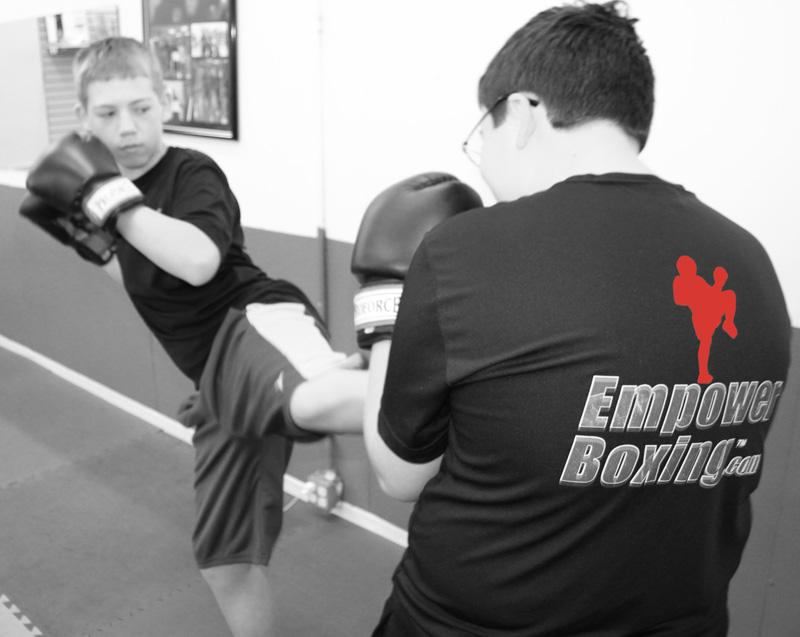Phase One: Cultivating the Black Belt Mindset
The first year of a martial arts student's journey is crucial. It's not about perfecting every kick or stance, but about instilling a profound appreciation and enthusiasm for martial arts.
The focus is primarily on developing what is termed the "Black Belt Attitude" — a mindset that prioritizes perseverance, discipline, and a continual desire to return to the dojo.
During this initial phase, the physical rigor of training takes a backseat to mental and emotional development.
The goal is to build the student's confidence to the point where they can visualize themselves as a black belt.
It's more beneficial to have an enthusiastic orange belt who is eager to learn than to push for technical perfection too soon, risking their desire to continue.
Retention is key at this stage. The real impact a teacher can make is on the students who stay, not on those who leave because the demands were too high too soon.
Classes for beginners should thus focus 90% on mental conditioning and only 10% on the physical aspects.
This doesn't mean less activity, but rather that the activities are aimed at teaching students resilience, focus, and incremental improvement.
Instruction during this phase should revolve around learning to embrace challenges without discouragement and understanding that improvement comes gradually—1% at a time in various areas.
Teachers should encourage students to apply the principles of martial arts to all aspects of their lives, embodying the high standards, effort, and positive attitude that a black belt represents.
This "Black Belt Attitude" instills a mindset of positive self-expectancy, encouraging students to believe that their efforts will lead to rewards, both within the realm of martial arts and in their everyday lives.
This foundational year is about setting the tone for a journey of personal growth and excellence, defining what it means to live like a black belt.

